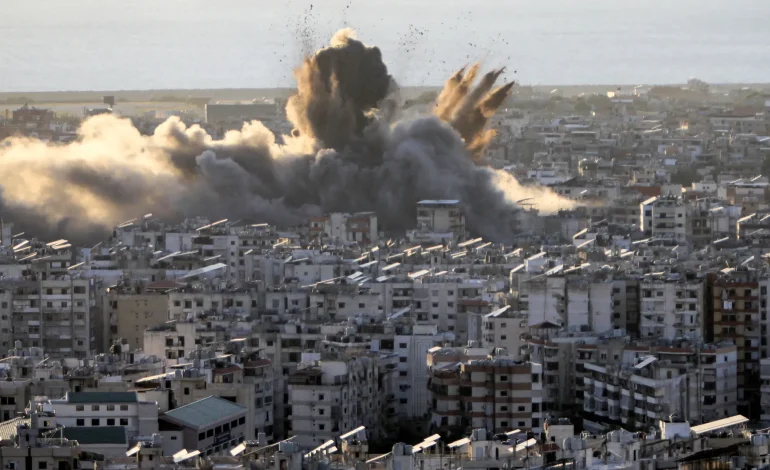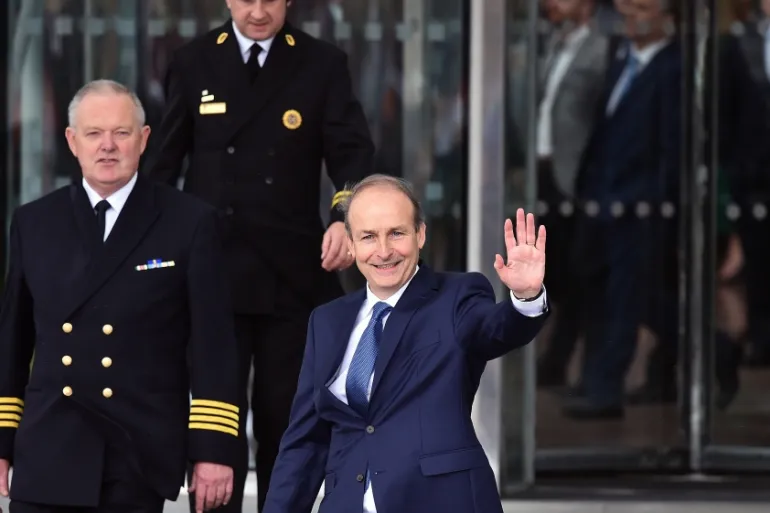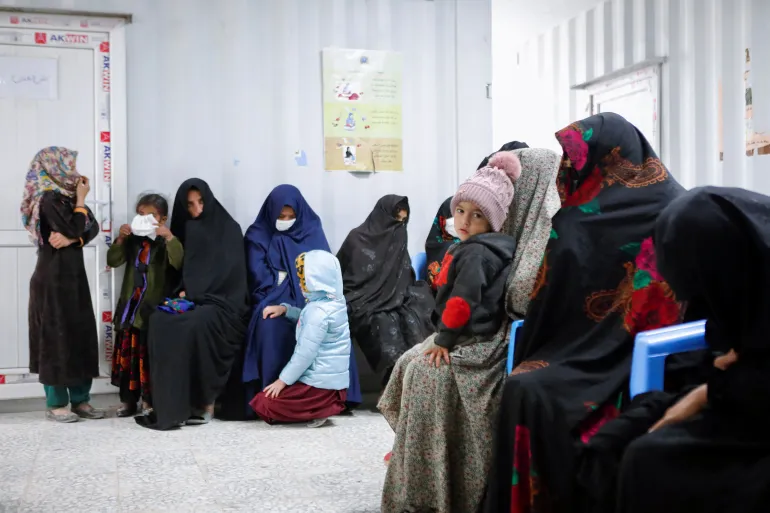Israel reportedly handed the United States a document outlining its demands last week. These include allowing the IDF to ensure that Hezbollah does not rebuild its military infrastructure near the border and granting Israel’s Air Force operational freedom in Lebanese airspace. This would ostensibly enable Israel to prevent Hezbollah from rearming and expanding its defenses, steps that have been criticized as violations of Lebanese airspace and national autonomy.
UN Resolution 1701, passed in 2006, mandates that only the Lebanese Armed Forces (LAF) may carry weapons in southern Lebanon. However, the resolution has been largely unenforced, allowing Hezbollah to stockpile arms and fortify positions in violation of the agreement. Israel has frequently argued that it is stepping in to do what the UN peacekeeping force (UNIFIL) and LAF have failed to accomplish. Israeli officials have framed their demands as necessary to achieve more stringent enforcement of the resolution.
“If the Lebanese army and UNIFIL do more, the IDF will do less,” one official stated.
The US and Lebanon, however, are unlikely to agree to these demands, with a US official noting that they would undermine Lebanon’s sovereignty and contradict the terms of Resolution 1701. Lebanon’s Parliament Speaker Nabih Berri has already rejected any amendments to the resolution, making it clear that Beirut will not accept Israel’s terms.
The broader context of these demands is the ongoing war between Israel and Hezbollah, which has seen an escalation in rocket attacks and military strikes on both sides. Lebanon has suffered extensive casualties, with more than 2,400 people killed in the cross-border violence over the past year. Israeli forces have also experienced significant losses, with 43 soldiers and reservists killed in the conflict. Despite this, Hezbollah has continued to expand its missile capabilities, launching rockets deeper into Israeli territory, including strikes near Tel Aviv and Jerusalem.
The Times of Israel and Axios contributed to this report.









